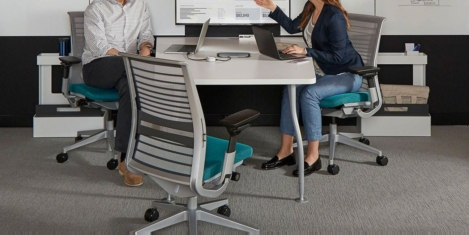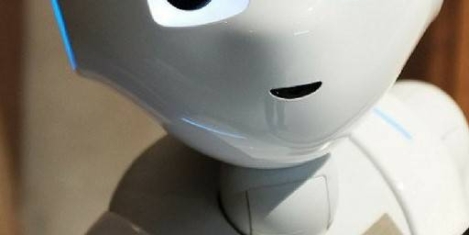April 11, 2017
The world will be completely awash with information by 2025 and firms should adapt soon 0
 The amount of data humans and their devices create will rise to 163 zettabytes over the next eight years, according to a new report from data firm Seagate. That is ten times as much as we created last year. As usual, the amount of data described in the report is inconceivable. A linguist called Mark Liberman once estimated that every word ever uttered by human beings would create around 42ZB of stored data. So if I were to make up a fact such as that a printout of 163ZB of data could create a planet the size of Neptune, you’d have to believe it. It’s a lot and it’s rising exponentially, that’s all we need to know. The interesting thing apart from the scale of the storage issue, is that the major source of the increase will be businesses not humans and that by 2025, we will be interacting with an Internet of Things connected device an average of 4,800 times a day.
The amount of data humans and their devices create will rise to 163 zettabytes over the next eight years, according to a new report from data firm Seagate. That is ten times as much as we created last year. As usual, the amount of data described in the report is inconceivable. A linguist called Mark Liberman once estimated that every word ever uttered by human beings would create around 42ZB of stored data. So if I were to make up a fact such as that a printout of 163ZB of data could create a planet the size of Neptune, you’d have to believe it. It’s a lot and it’s rising exponentially, that’s all we need to know. The interesting thing apart from the scale of the storage issue, is that the major source of the increase will be businesses not humans and that by 2025, we will be interacting with an Internet of Things connected device an average of 4,800 times a day.





















 A new guide for facilities management professionals working with clients on BIM construction projects has been issued by the BIFM (British Institute of Facilities Management). Employer’s Information Requirements is a practical 47-page document to support clients using BIM (Building Information Modelling) to advise clients on how to specify their exact requirements for the design and construction phase of a built asset through to its full life-time operation. The purpose of the EIR is to support both FM professionals and clients by providing a template which can be edited and amended by the client or facilities manager to meet individual requirements for the project. Its guidance follows the publication of BIFM’s Operational Readiness Guide For Facilities Managers published in April 2016. Since April 2016, construction projects commissioned by Central Government have been required to use BIM for their procurement and delivery.
A new guide for facilities management professionals working with clients on BIM construction projects has been issued by the BIFM (British Institute of Facilities Management). Employer’s Information Requirements is a practical 47-page document to support clients using BIM (Building Information Modelling) to advise clients on how to specify their exact requirements for the design and construction phase of a built asset through to its full life-time operation. The purpose of the EIR is to support both FM professionals and clients by providing a template which can be edited and amended by the client or facilities manager to meet individual requirements for the project. Its guidance follows the publication of BIFM’s Operational Readiness Guide For Facilities Managers published in April 2016. Since April 2016, construction projects commissioned by Central Government have been required to use BIM for their procurement and delivery.














March 30, 2017
Social technology has the power to make the workplace more humane
by Amanda Sterling • Comment, Technology, Workplace
(more…)